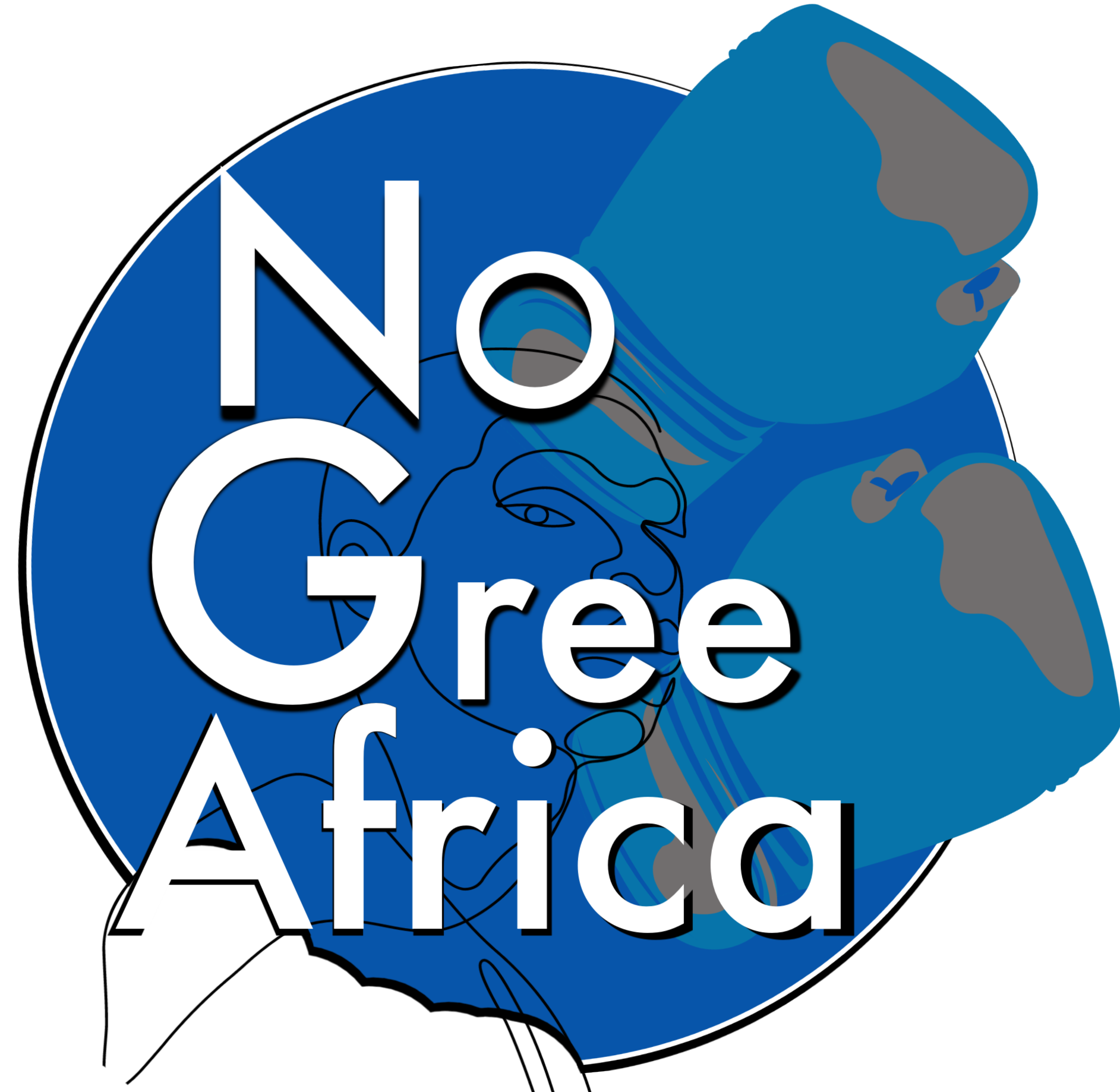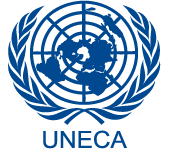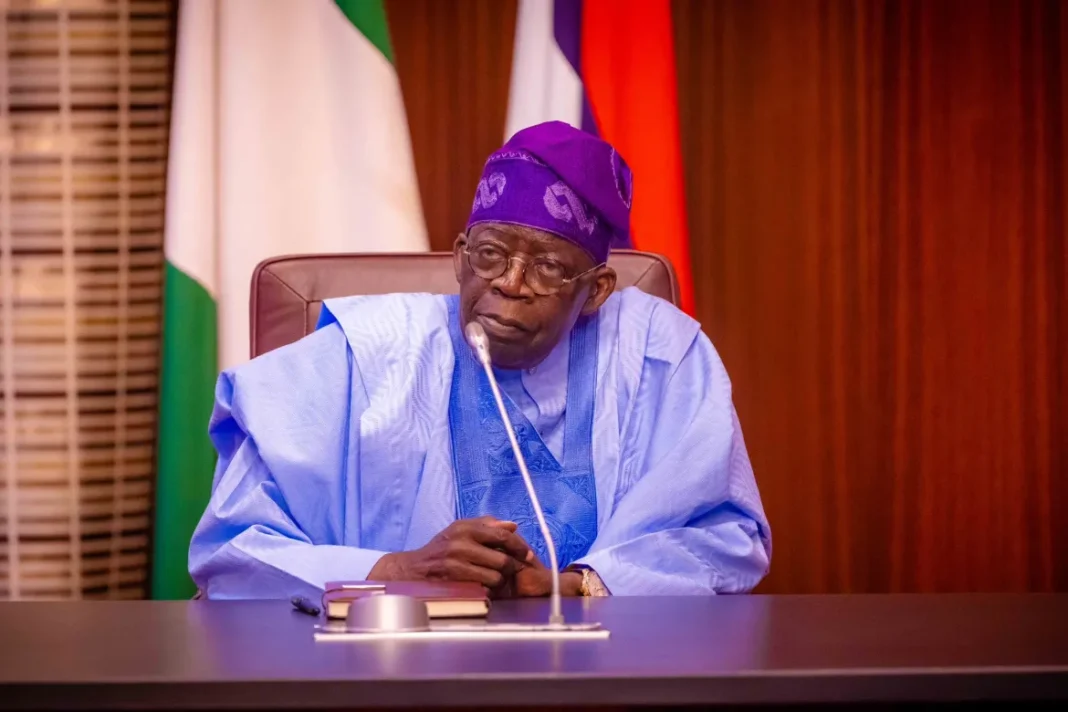By Lucy Ogalue
The Economic Commission for Africa (ECA), in collaboration with the African Union Commission (AUC) and other regional bodies, has inaugurated a renewed drive to end the legal invisibility of migrants across Africa.
Dr Christian Oldiges, Chief of ECA’s Social Policy Section, said this in a statement released on its website on Thursday.
According to Oldiges, hundreds of millions of people in Africa lack legal documentation, leaving migrants particularly vulnerable.
He said without proof of identity, they faced exclusion from education, healthcare, employment, and justice systems, rendering them invisible to the state and at risk of exploitation.
The official spoke at a five-day regional workshop holding in Harare, Zimbabwe.
He said delegates from ten African countries, alongside representatives from the International Organisation for Migration (IOM), Intergovernmental Authority on Development (IGAD), and UN agencies, were reviewing new findings that highlight the scale of the challenge.
“The workshop, which began on Monday, introduces a newly developed ‘Good Legal Identity Toolkit’.
“It is designed to help African nations build more inclusive and accountable civil registration and ID systems,” he said.
According to Oldiges, legal identity is described as a gateway to all other rights and a foundation for inclusive development.
“Legal ID is not just a governance requirement, it is a human right.
“The absence of legal identity is now widely recognised not only as a statistical gap but as a form of poverty and exclusion.
“Recent ECA studies in Uganda, Ethiopia, and South Sudan revealed that large sections of migrant populations are unable to obtain legal identity documents due to administrative and legal barriers.
“These gaps not only expose people to exploitation but also increase the risk of statelessness,” he said.
Dr Gideon Rutaremwa, speaking on behalf of William Muhwava, Chief of ECA’s Demographic and Social Statistics Section, emphasised the need for a life-cycle approach to legal identification from birth to death.
He said to unlock Africa’s potential, it was important to ensure every individual could prove their existence, identity, and family ties, starting from birth registration.
Mr Peter Mudungwe, Migration Governance Expert at the AUC, also stressed the need for harmonized efforts across borders.
He said alignment between national civil registration initiatives and continental legal framework was key to protecting the rights of migrants and stateless persons.
Similarly, IOM Chief of Mission in Zimbabwe, Diana Cartier, said that without legal identity, migrants, especially women and children remained vulnerable to systemic exclusion and lifelong invisibility.
The workshop’s agenda includes policy exchanges and best practices from countries like Kenya, Uganda, South Sudan, Rwanda, Zimbabwe, and Somalia.
Discussions were aimed at fostering national commitments to improve inclusion, data privacy, and the legal protection of mobile populations.
With just under five years left to meet the Sustainable Development Goal (SDG) 16.9, providing legal identity for all, the organisers said the time to act was now.
“We cannot afford to treat this as a purely technical challenge. The barriers are legal, social, and political and they require bold, coordinated action.”
The workshop is expected to conclude with a set of actionable recommendations to be adopted by participating countries.







